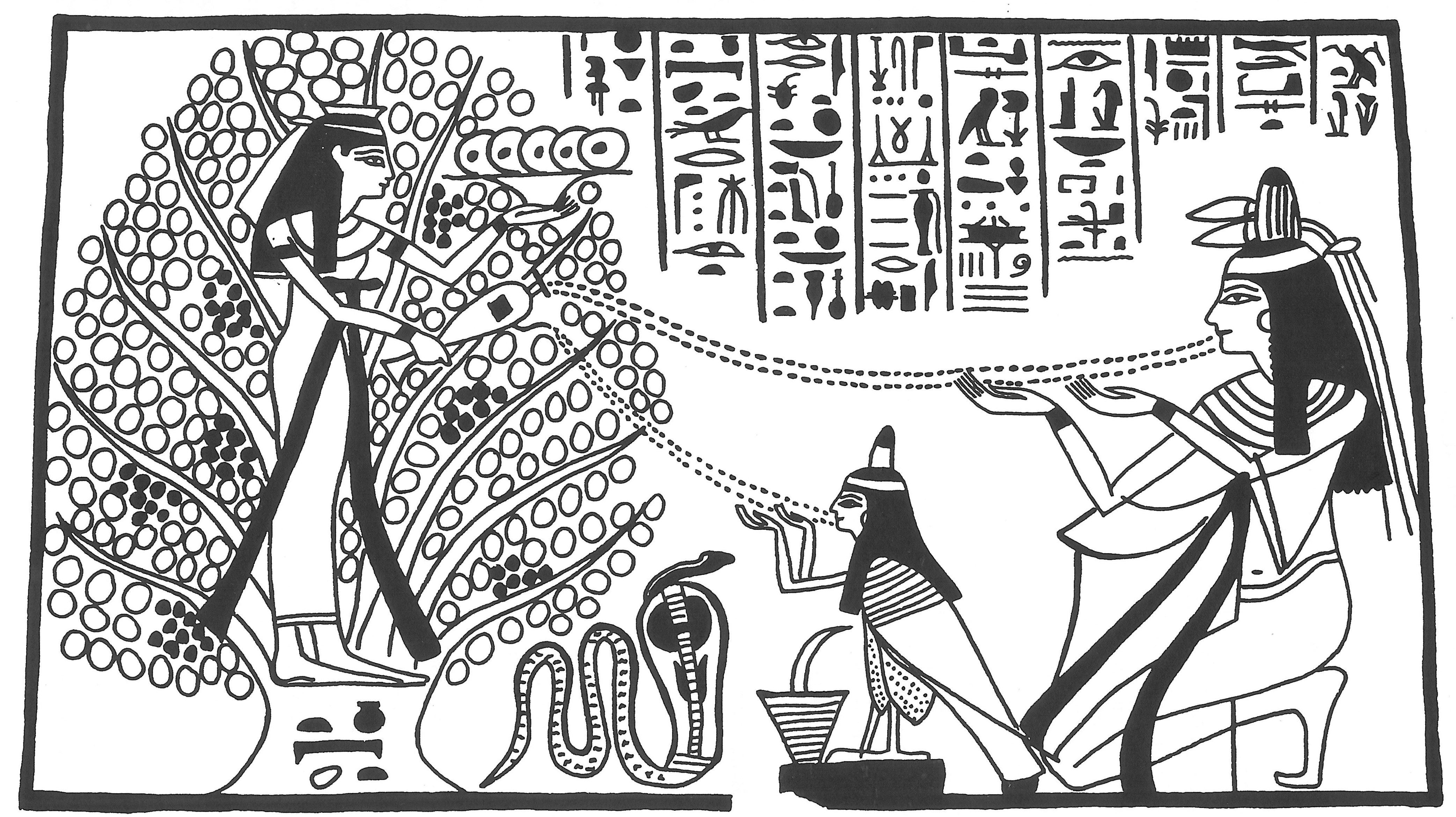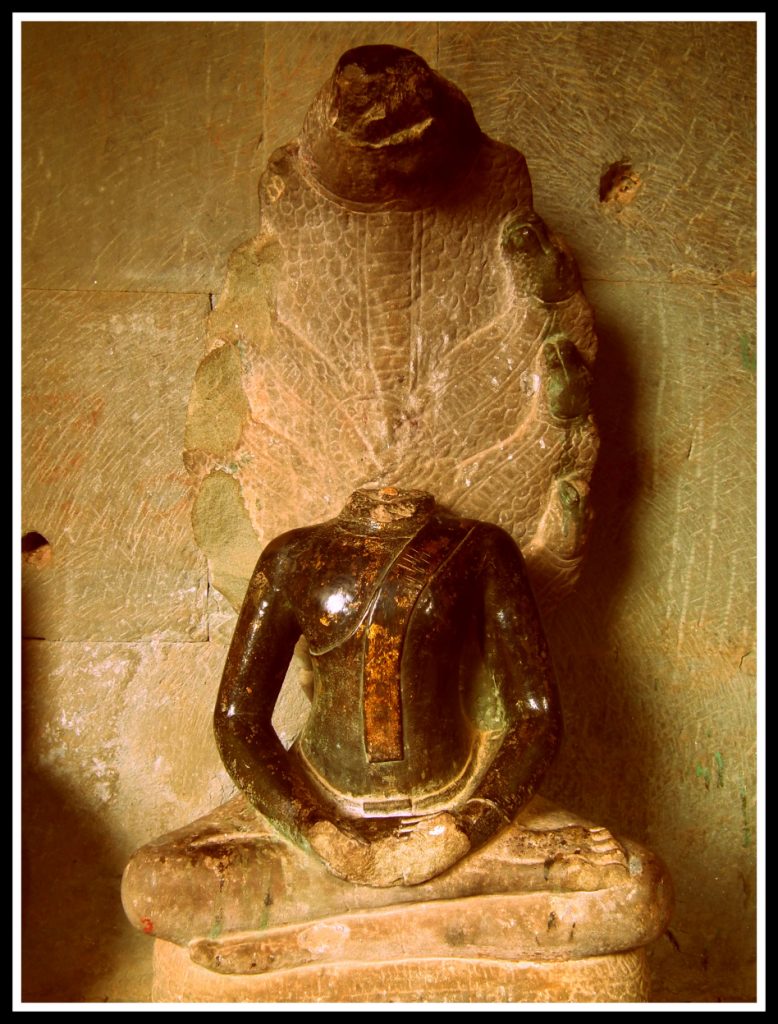Symbolism Of Snake In The Epic Of Gilgamesh
Posted By admin On 18/06/18

For Adam and Eve the serpent in the Garden of Eden represented the. In the Mesopotamian Gilgamesh epic we read that it. The Gilgamesh snake doesn't speak and. Dec 11, 2011 Gilgamesh: what is the symbolism of the flower? What is the symbolism of the flower? It explains how the snake, who stole it from Gilgamesh. Death and the new life that comes fron it_____Well, really, there is nothing to suggest that the snake symbolizes anything. Start studying Epic of Gilgamesh Test. In the epic it says, 'he [Gilgamesh]. Explain the symbolism of the flower and the snake.
Logic Ultrabeat Electronic Drum Kits more. Utnapishtim, the survivor of the flood that almost wiped out humankind, tells his story. Once upon a time, he says, he was king of Shuruppak, a beautiful, prosperous city on the banks of the Euphrates. Then the gods met in secret council—Anu, the god of the firmament; Ninurta, the god of war and wells; Enlil, the god of earth, wind, and air; Ennugi, the god of irrigation; and Ea, the cleverest of the gods, the god of wisdom and crafts.
Enlil ordered a flood to destroy humankind. Ea had been sworn to secrecy, but he cleverly betrayed the gods’ plans to Utnapishtim. Five Major Windows 9x Specific Files. Speaking to the walls of his house, he described the plans, while Utnapishtim heard everything on the other side of the walls. Ea warned him that the gods would be sending a terrible flood.
He told him to build a boat of immense dimensions, ten dozen cubits in height (approximately 180 feet) with six decks and one acre of floor space, and load it up with the seed of each living thing and with his family and possessions. When Utnapishtim asked what he would tell the people of Shuruppak, who would have to help him build it, Ea suggested an artful lie. Tell them, he said, that you are leaving the city because Enlil hates you. Tell them that when you leave, the city will be showered with good fortune, that all manner of bread and wheat will rain down upon it, and that they will have more fish to eat than they can imagine. So Utnapishtim butchered bulls and sheep for the workers and gave them rivers of beer and wine to drink. It was like a festival. In seven days the boat was ready.
With great difficulty, they launched it in the Euphrates. After Puzuramurri the caulker had sealed them inside, Utnapishtim gave him his house and everything in it. When the storm came, the gods clambered up as high as they could go and cringed in terror. Ishtar wept to see her children being destroyed. Eventually, the boat ran aground on a mountain peak.
After seven days, Utnapishtim released a dove. Ben Liebrand Grandmix Summer Edition. When it couldn’t find a dry place to alight, it returned to the boat. Utnapishtim released a swallow. It too returned. Then he released a raven, and it never came back. Upon reaching shore, Utnapishtim prepared a sacrifice.
The gods of heaven were famished and gathered around the altar. Ishtar came down wearing a necklace of lapis lazuli made of beads shaped like flies. She said she would forget neither her necklace nor this calamity—nor would she forgive Enlil, since the flood was his idea and he never discussed it with the other gods. When Enlil arrived to partake of the sacrifice, he saw the boat and lost his temper.